Going through a divorce can be challenging for various reasons, such as adjusting to a new financial situation and figuring out what life holds for you in the future. As you attempt to rebuild your life, the prospect of having your personal and private information disclosed publicly can add to your stress level. The fear of exposure can influence your decisions and make it more difficult to move forward. It’s essential to find ways to protect your privacy during this sensitive time as divorce records become a public record.
Fortunately, there are steps you can take to mitigate the amount of information that is available to the general public. Please continue reading to learn how you can increase your privacy during a New Jersey divorce and why connecting with our dedicated Middlesex County Divorce Lawyers is in your best interest.
Will My Divorce Become Public Record?
Unless there is an important reason for these records to be held in secret, all court records are made public. New Jersey divorce records are no exception to this rule. Under the New Jersey Open Public Records Act (OPRA), records associated with divorce are available to the general public upon the finalization of the case. This means your divorce records will be available to anyone who makes a public records request of them.
Nevertheless, this doesn’t necessarily mean that any member of the public can simply walk into a family court in New Jersey and demand a copy of your divorce records. To view the details of your settlement, they would need to pay the fee and fill out an application with a legitimate reason.
What Can I Do to Increase My Privacy?
If you believe your records should be private, whether in part or completely, it’s in your best interest to consult with a knowledgeable Middlesex County divorce lawyer for assistance. Depending on the unique circumstances of your case, you may be able to petition the courts to seal your records. However, this process can be complex as only certain information can be redacted. It’s important to note that it’s up to the judge’s discretion whether or not to seal records.
Another option is divorce mediation. This alternative dispute resolution method is confidential, meaning the information disclosed will not be submitted to the court. You won’t have to worry about other people finding your divorce records online and accessing sensitive information concerning your divorce case.
If you are facing a divorce in New Jersey and have privacy concerns, please don’t hesitate to contact a lawyer from Arndt & Sutak, LLC, who can help you request to have your divorce records sealed. We are prepared to help you navigate this complex process and determine the best course of action if you want to keep the information surrounding your divorce private. Schedule your consultation with our team today.




